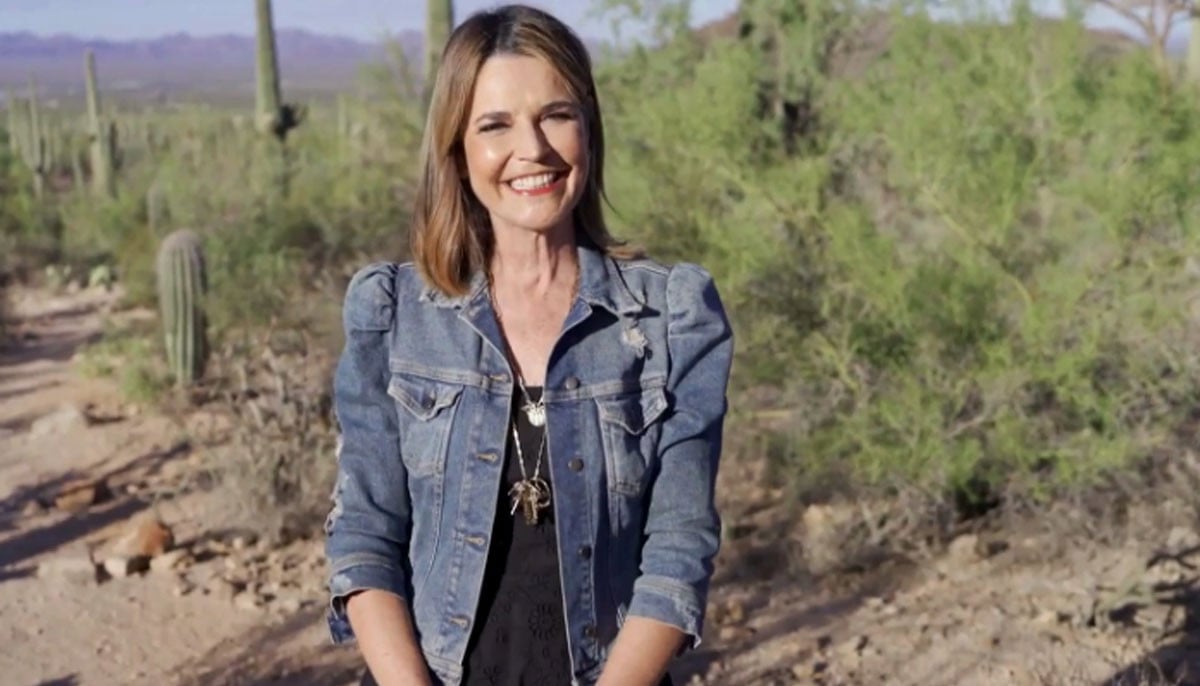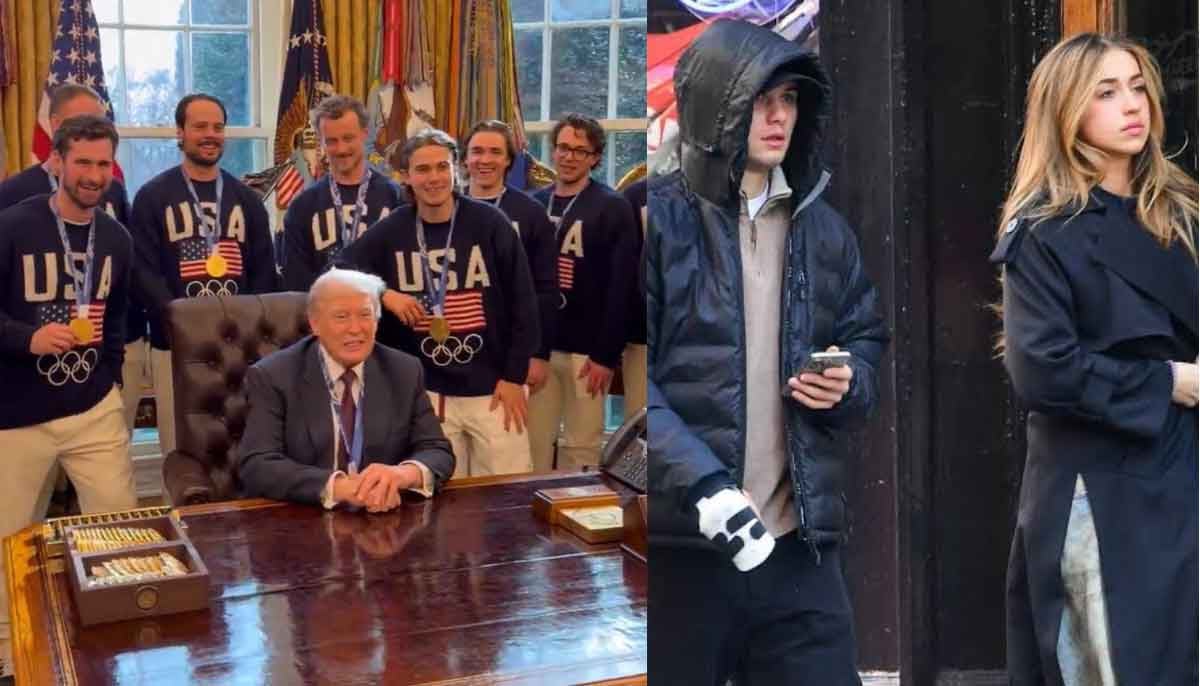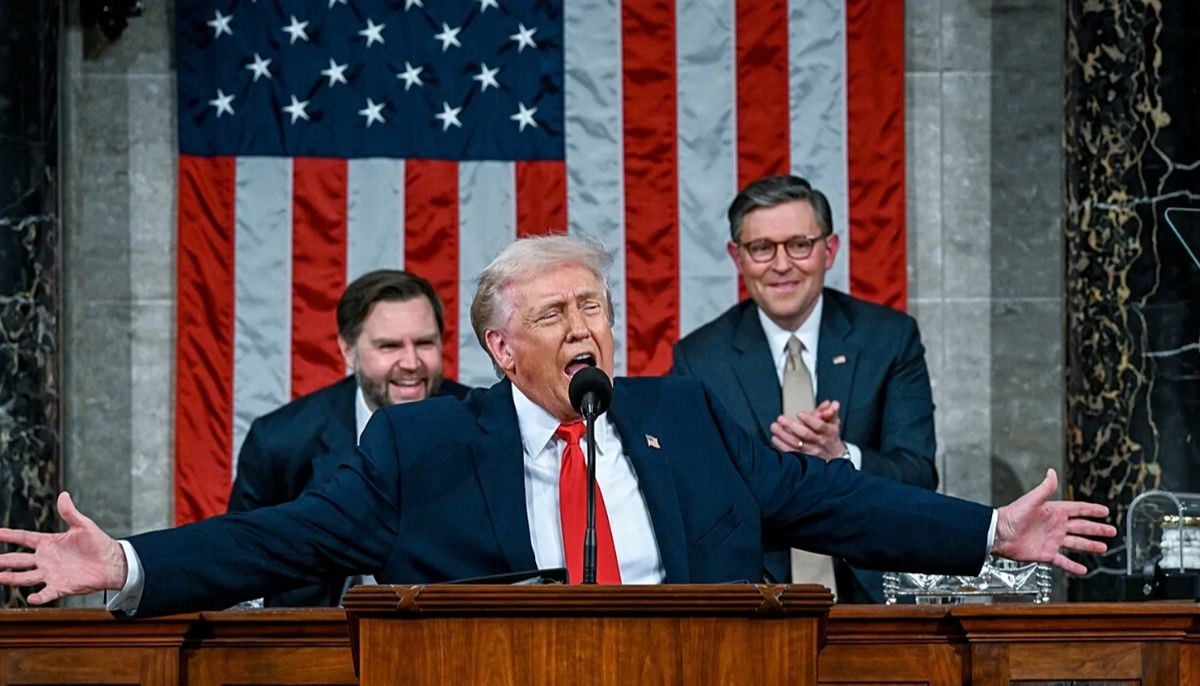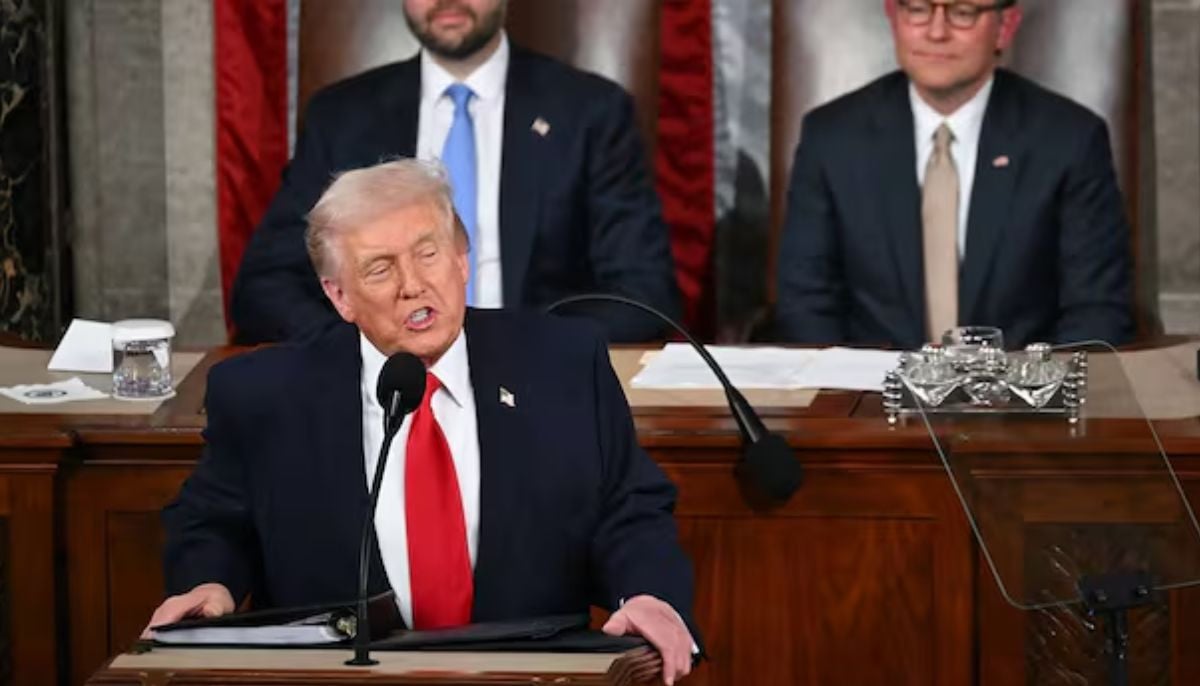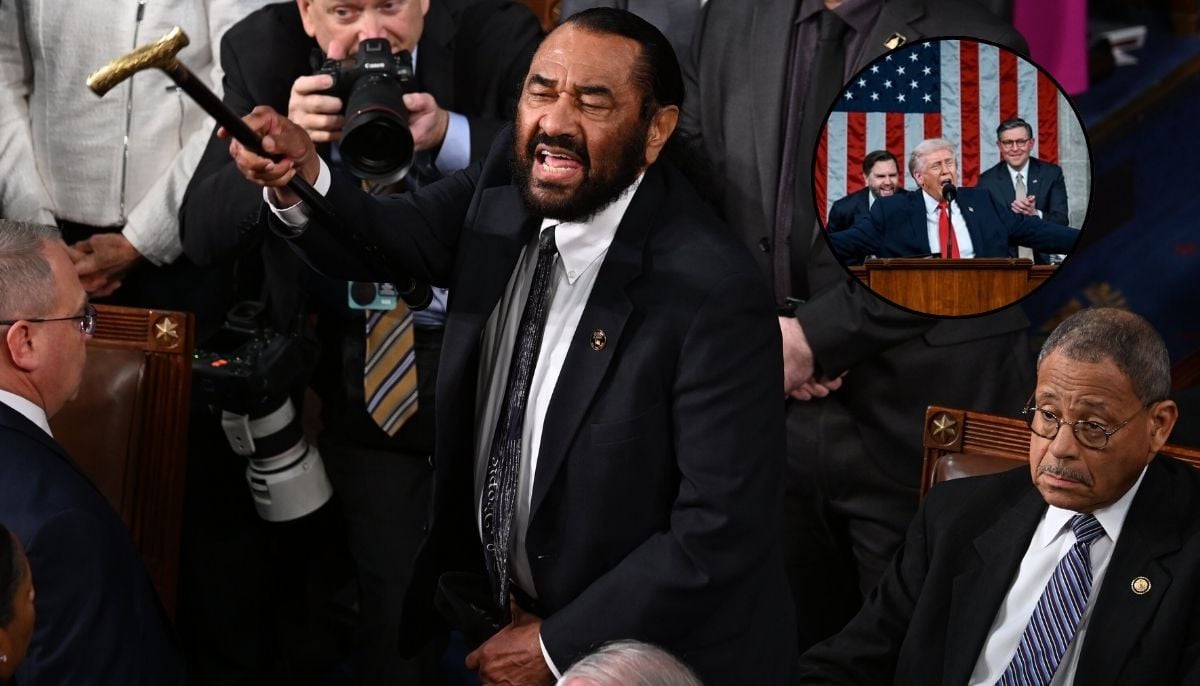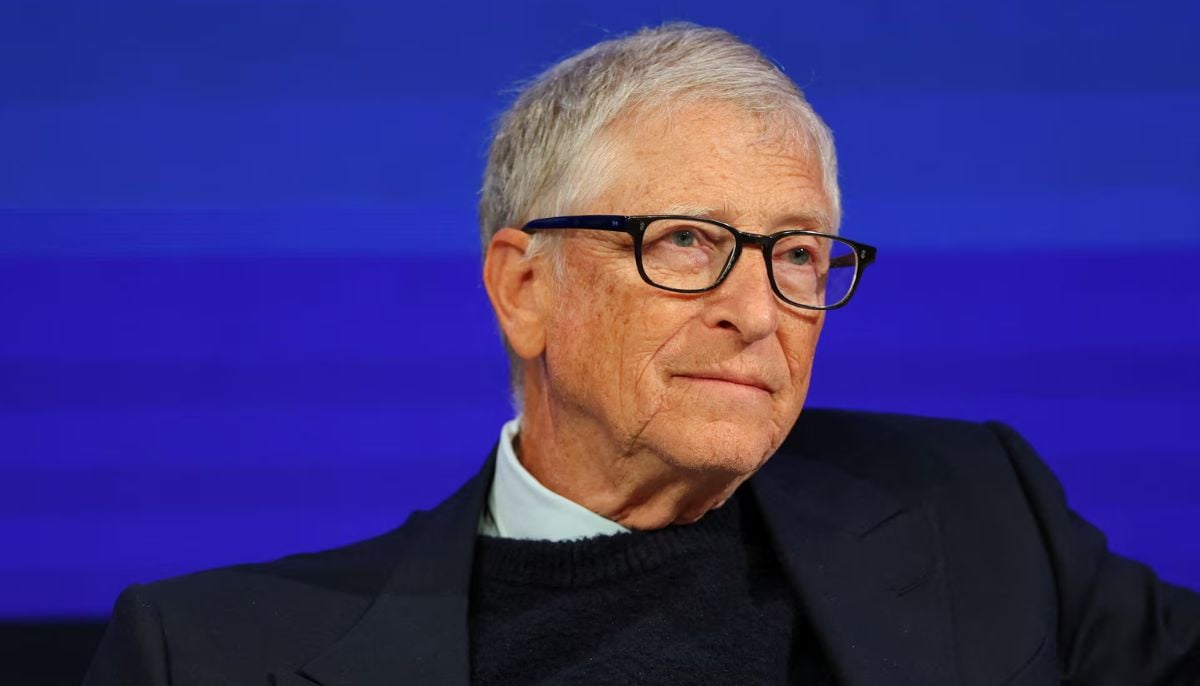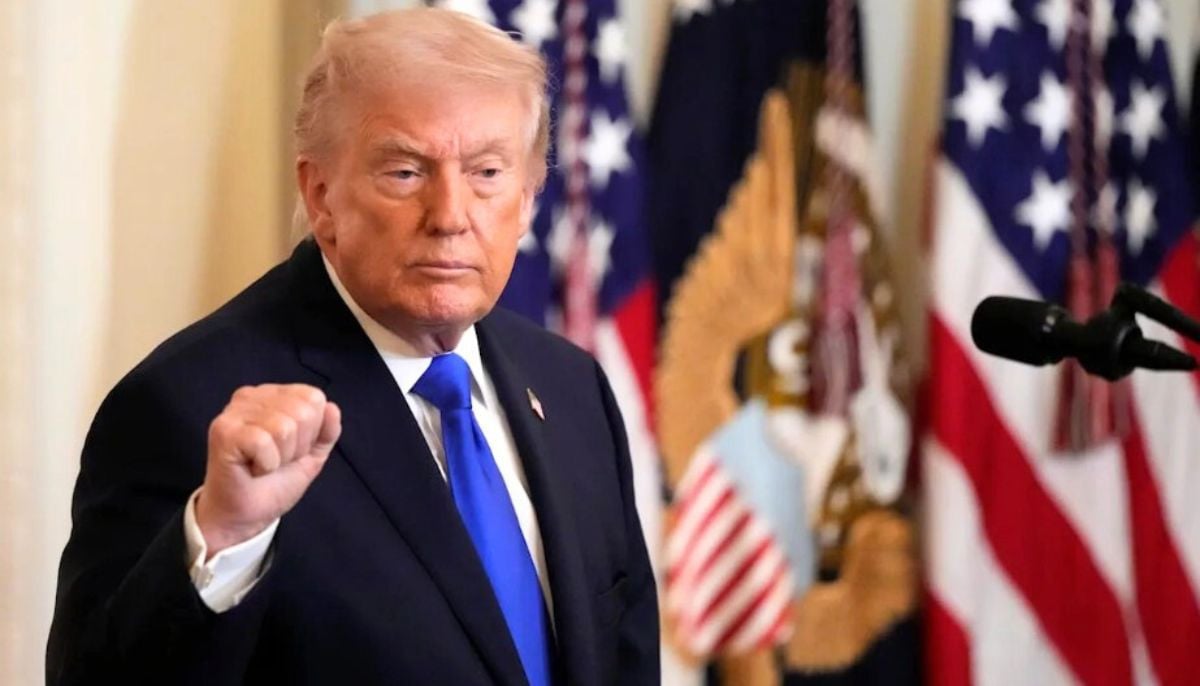US millennials a popular but elusive target for brands
He urges companies to eliminate demography in their marketing approach because it often leads to stereotypes.
NEW YORK: American millennials -- the generation of people aged 17-35 -- are a popular target for advertisers and brands, but companies risk missing out by approaching them as one homogenous population.
From Gillette razors to McDonald´s and American Express, every major American company is touting its efforts to attract these young people, considered the workforce of tomorrow and the new generation of consumers.
ExxonMobil and Chevron no longer hesitate to highlight their late and forced conversion to the fight against climate change, a subject important to millennials, who will suffer its most serious consequences.
"I think it´s a good idea to focus on millennials in the sense that it´s a huge market," said Ajay Kohli, a professor at Georgia Tech University.
"But I don´t think it makes sense to play millennials as a homogenous group of people who want the same products or same services, or believe in the same values, or are equally price sensitive or equally responsive to give a message," Kohli said.
Risk of stereotypes
It is an opinion shared by Kelly O´Keefe, a marketing professor at the University of Virginia, who notes that there is significant diversity in the 75 million millennials who reside in the United States.
"Some voted for Trump. Some for Clinton. Some drink craft beer. Some Pabst. Some only buy organic foods, but Millennials are also among the largest consumers of processed foods," O´Keefe said.
"Many companies make the mistake of treating Millennials like they share a single personality and a common set of values. They don´t!"
Faced with public mistrust of banks after the financial crisis, Capital One is seeking to become the bank of choice for millennials by transforming branches into cafes where you can have a cappuccino while negotiating a loan.
"People who actually go to bank branches, we call them ´wanters´ and ´needers.´ You found millennials among ´wanters´ and you also found millennials among ´needers,´" said David Allison, an expert in consumer habits whose firm has conducted thousands of surveys to form a database in the United States, Canada and China.
"´Wanters´ are looking for a personal relationship with the banks; ´needers´ are looking for a social status, for them a bank is a serious place, they will be looking after my money and that´s going to make me feel like I´m a serious person who has money," Allison said, adding that what matters is what services to offer the two categories.
He urges companies to eliminate demography in their marketing approach because it often leads to stereotypes.
Diverse millennial population
His surveys show that millennials only agree on 15 percent of subjects, which is why, he believes, that a message would be more effective if it focused on what is important for the consumer -- what they think and want.
Last year, Nike used Colin Kaepernick, a controversial American football player known for kneeling during the national anthem to protest racial injustice, in an ad campaign.
As a result, the company has seen an increase in traffic to its website, especially from young and non-white consumers.
"We know it´s resonated actually quite strongly with consumers, obviously here in North America but also around the world," said Mark Parker, Nike´s CEO.
University of Maryland professor Hank Boyd, however, believes that the demographic approach remains effective.
If "I know your hometown, I know your gender, I know what socioeconomic class you grew up" in, that gives "me a clearer picture of who you are and how I might want to craft a message," Boyd said.
"It´s having a hundred data points on customers that really allows you to say, I have the sense that we´re forming an amazing relationship with our customers," he said.
-
Nobel-winning scientist resigns from Columbia university after Epstein links revealed
-
At least 30 dead after heavy rains hit southeastern Brazil, 39 missing
-
Japan plans missile deployment near Taiwan by 2031 amid growing regional tensions
-
Trump delivers longest State of Union address in history: Inside key details on economy, security and global strategy
-
Trump’s 2026 State of Union address: Inside key takeaways, major policy shifts & top announcements
-
Rep. Al Green removed from House chamber during Trump’s State of Union address: Here’s what happened
-
Bill Gates breaks silence on Epstein links, ‘took responsibility for his actions’ during town hall meeting
-
President Donald Trump delivers the traditional State of the Union address to Congress


